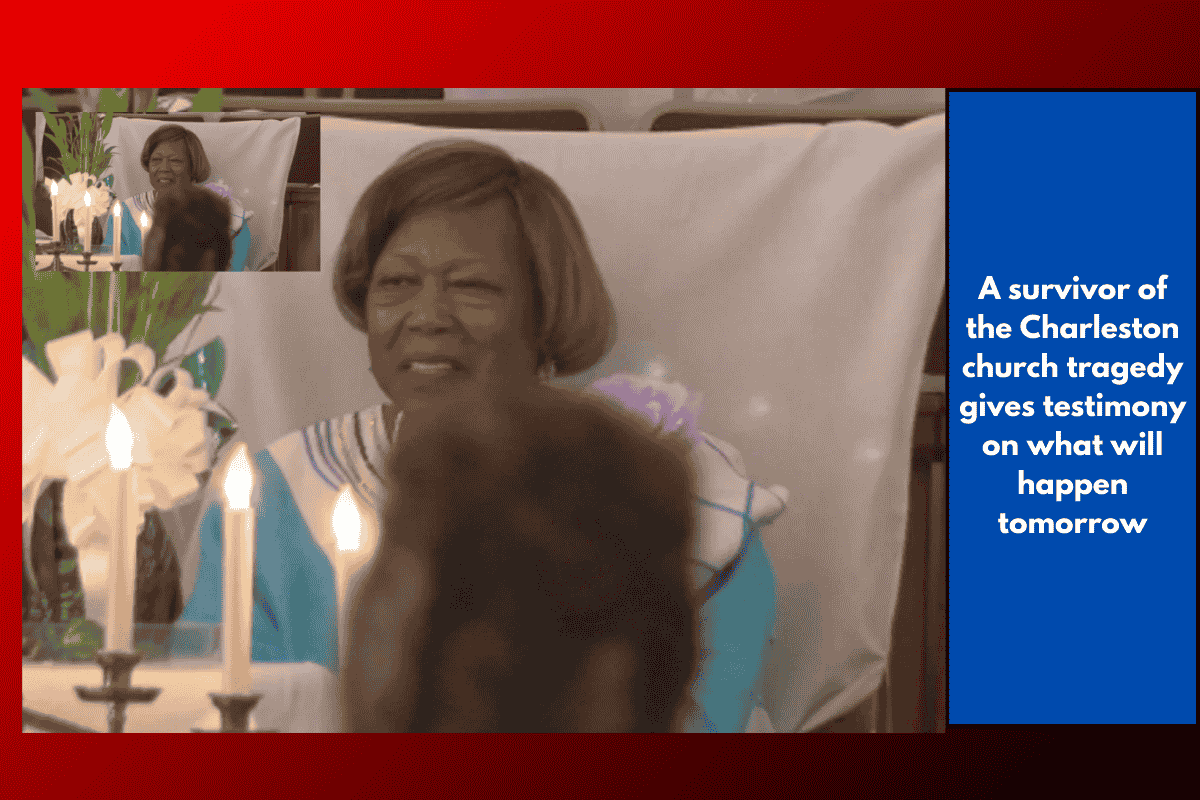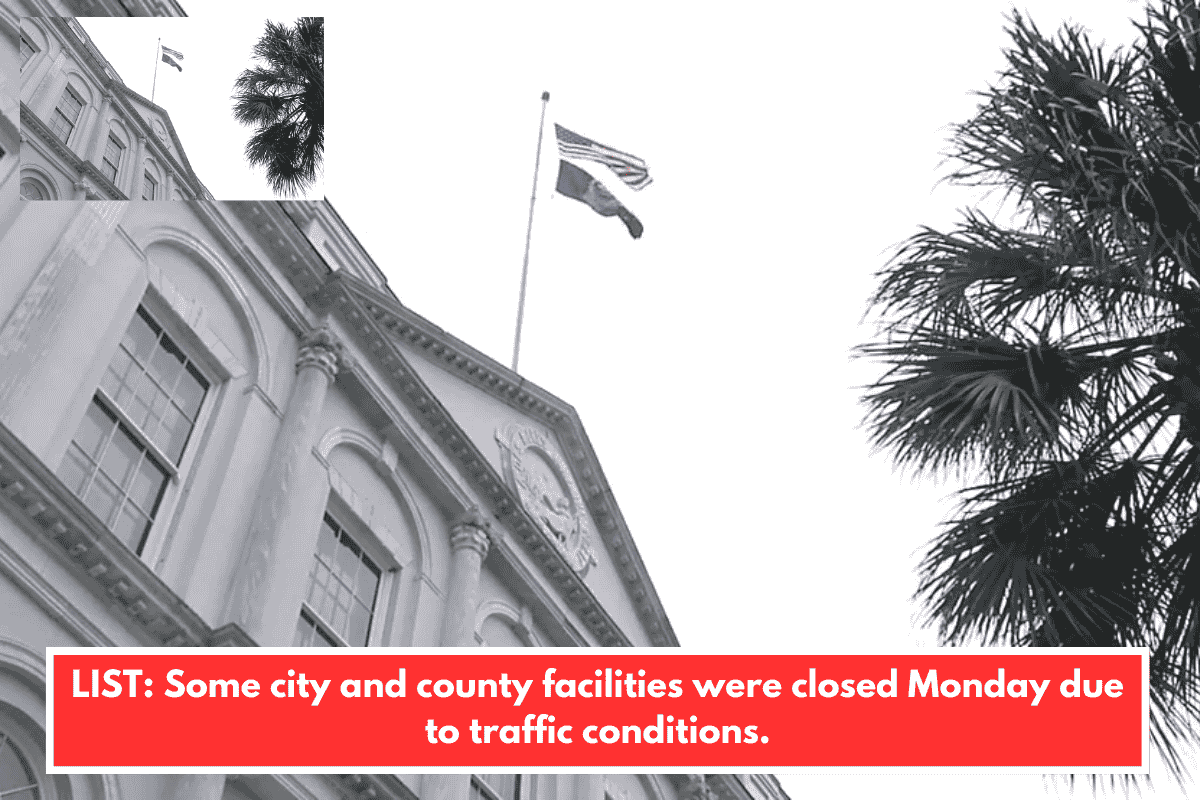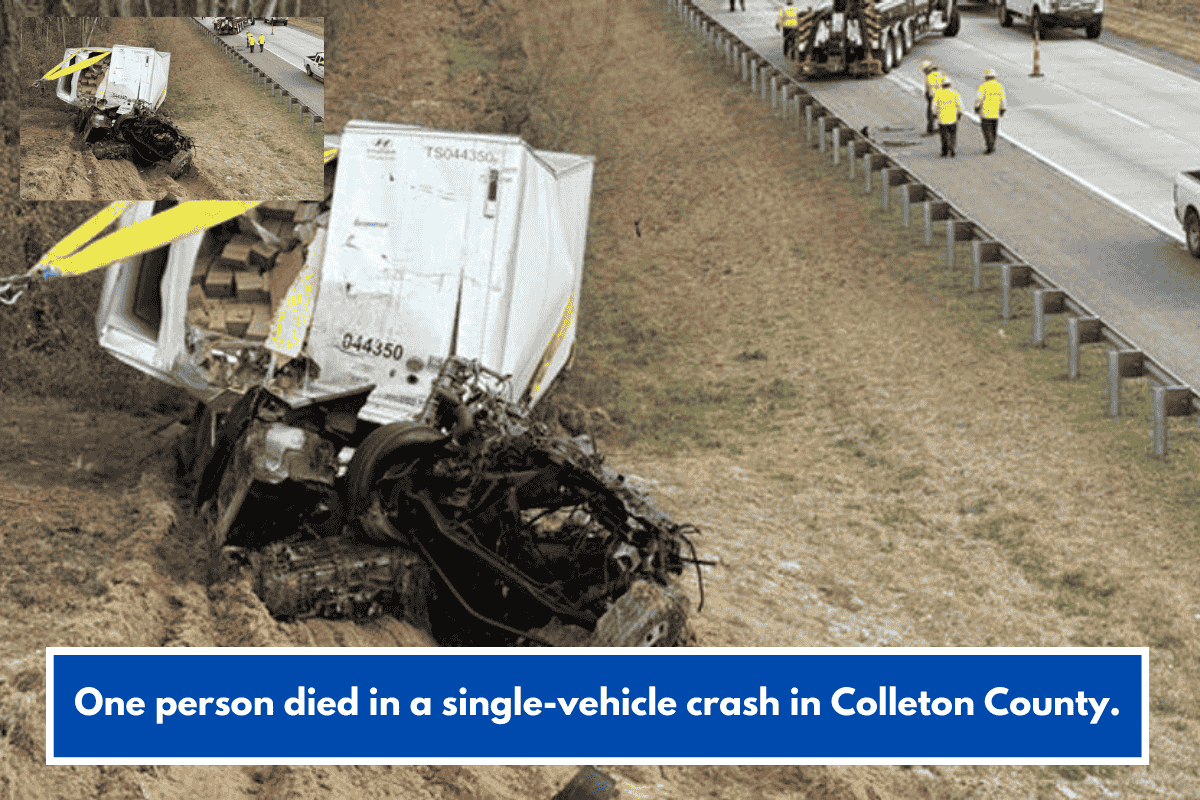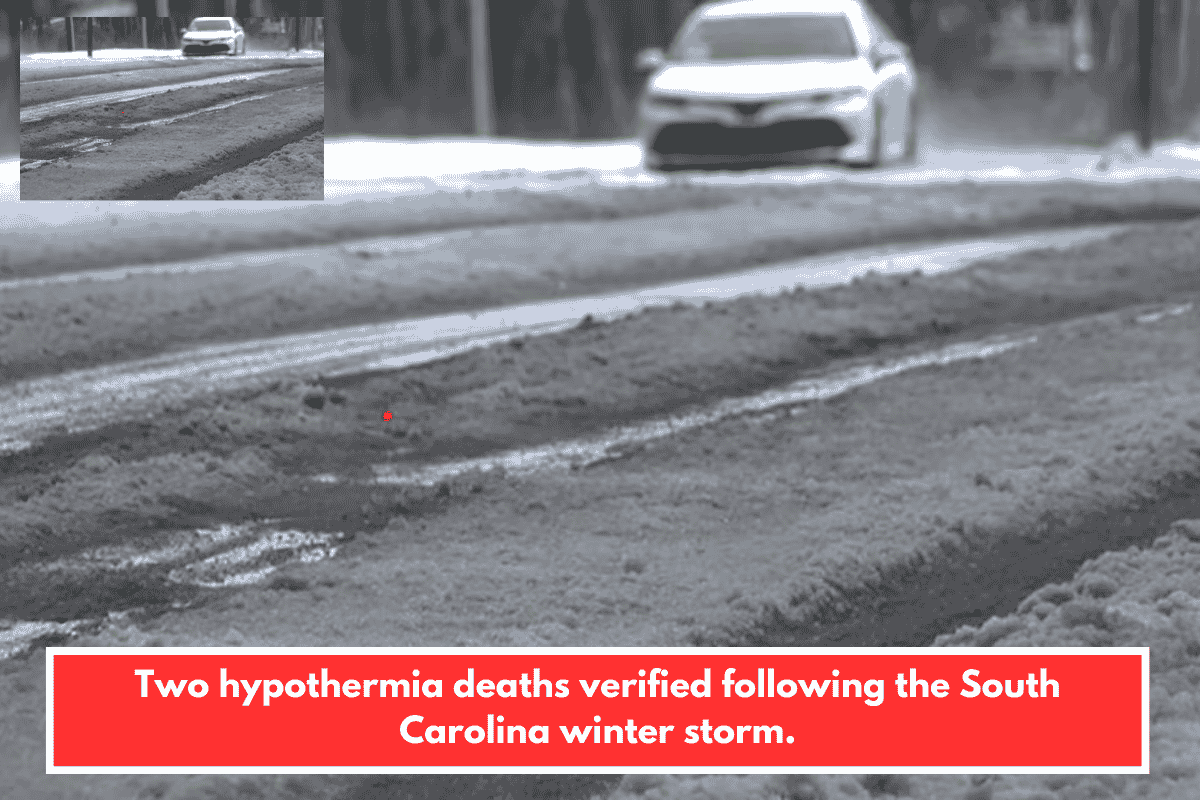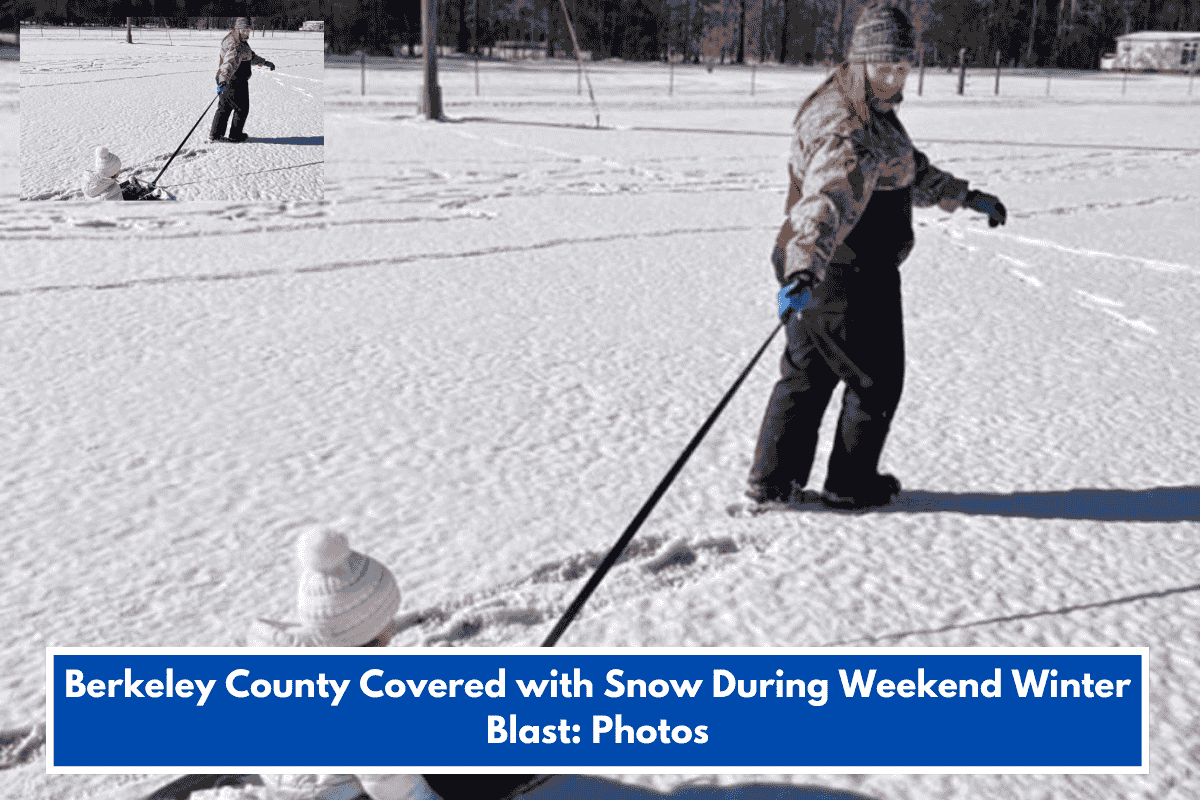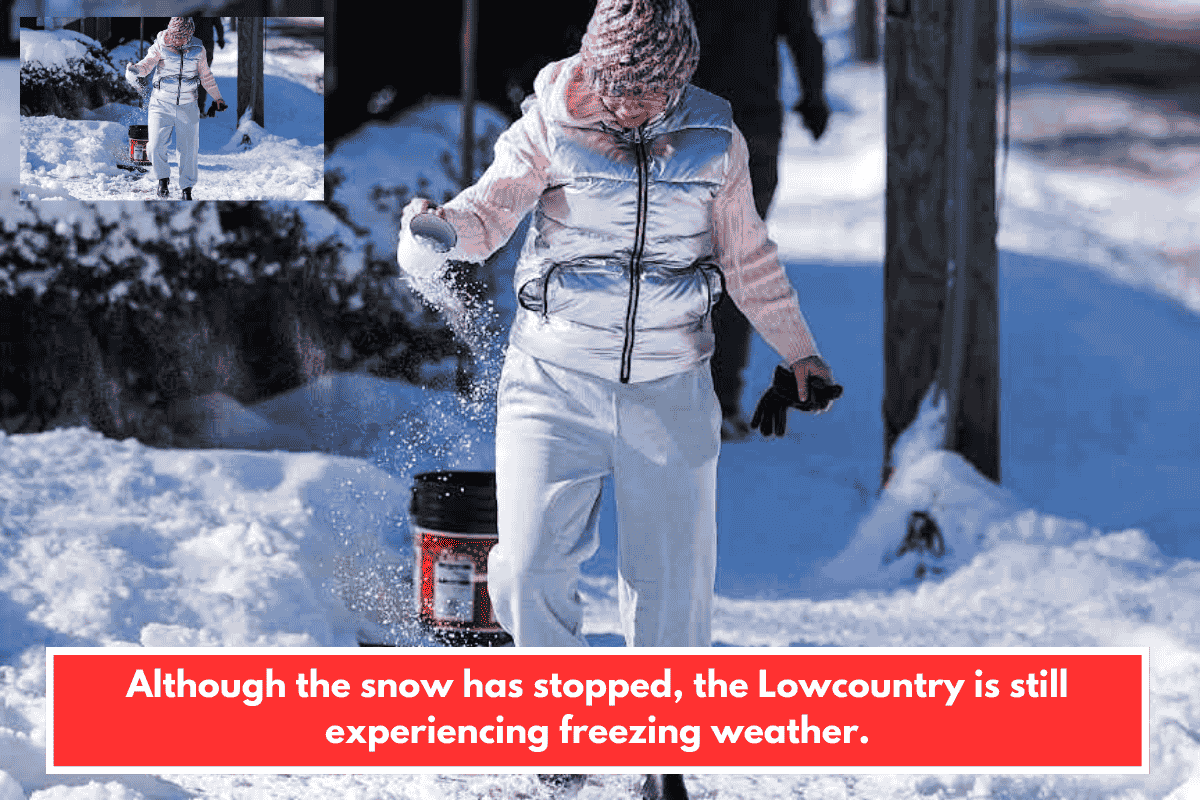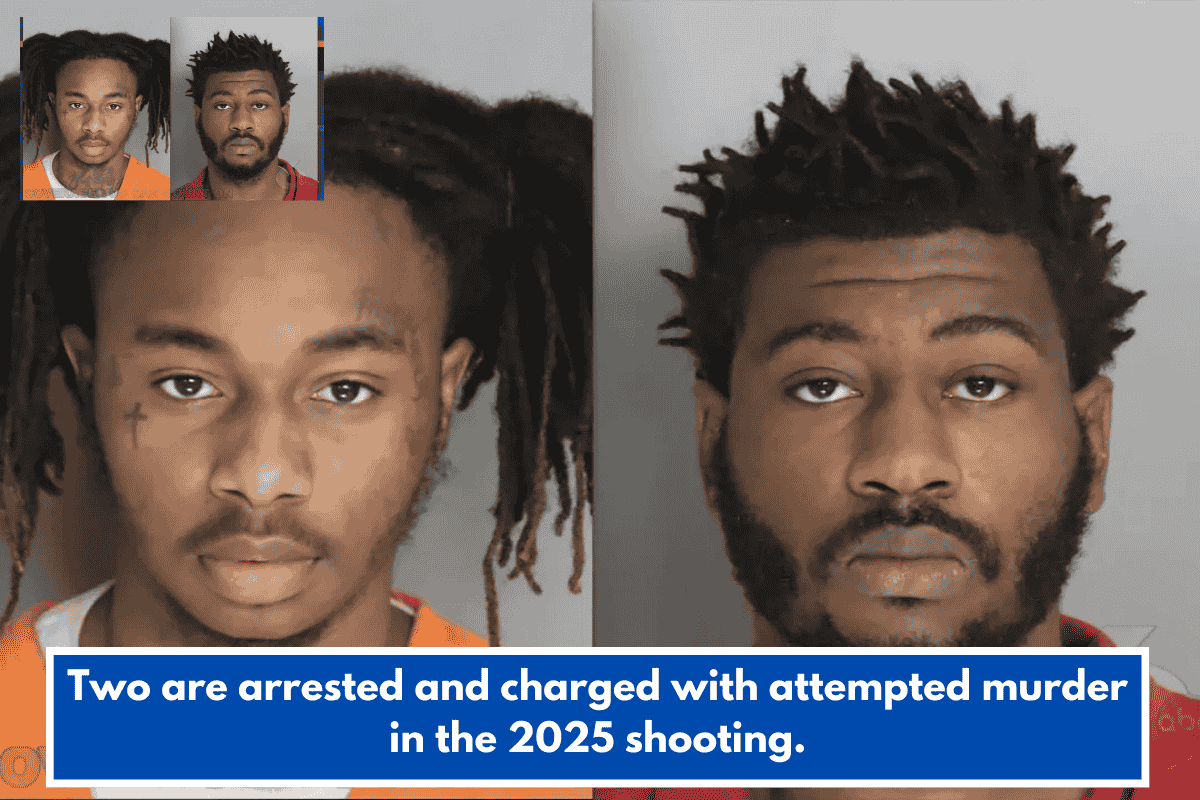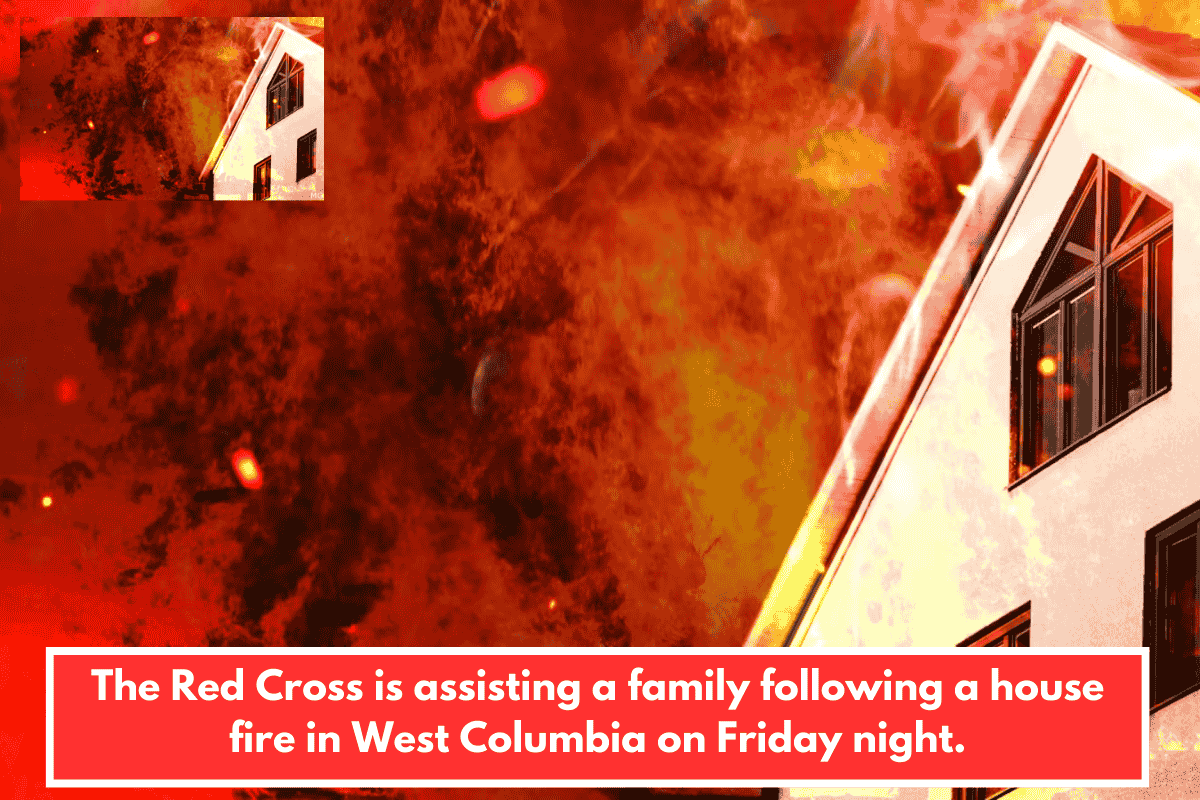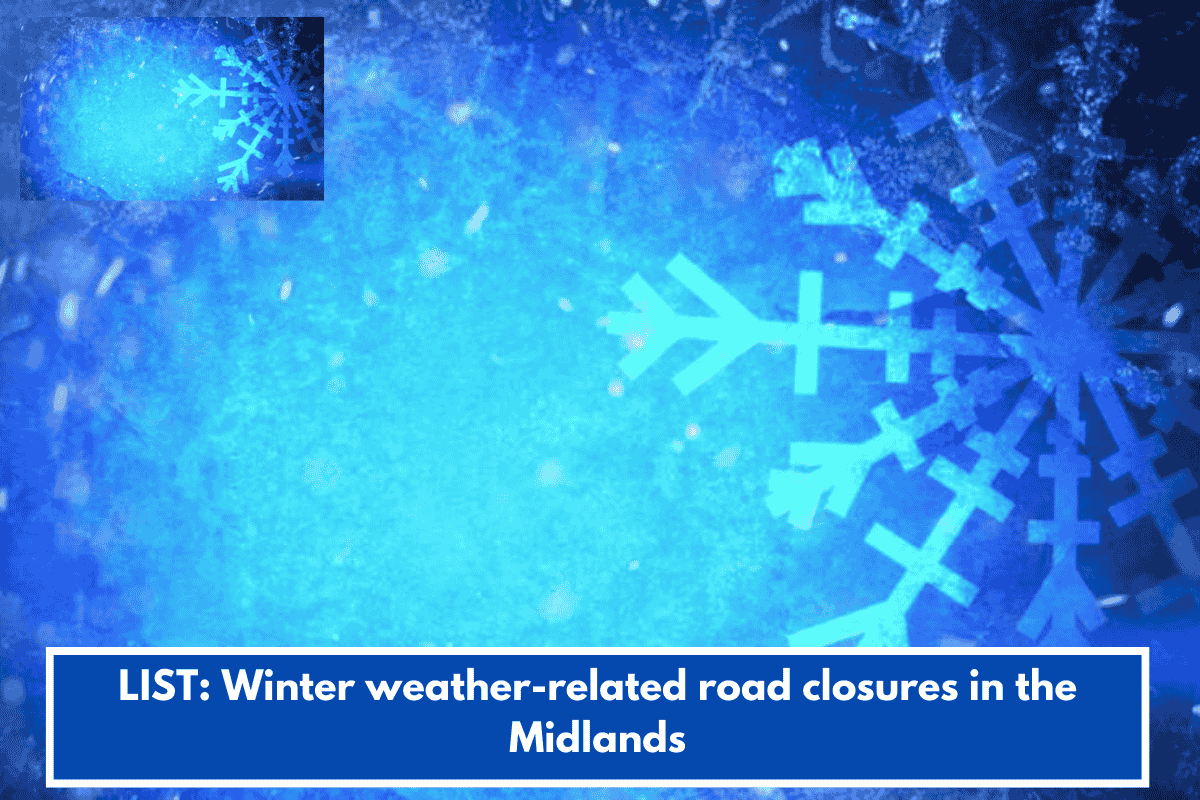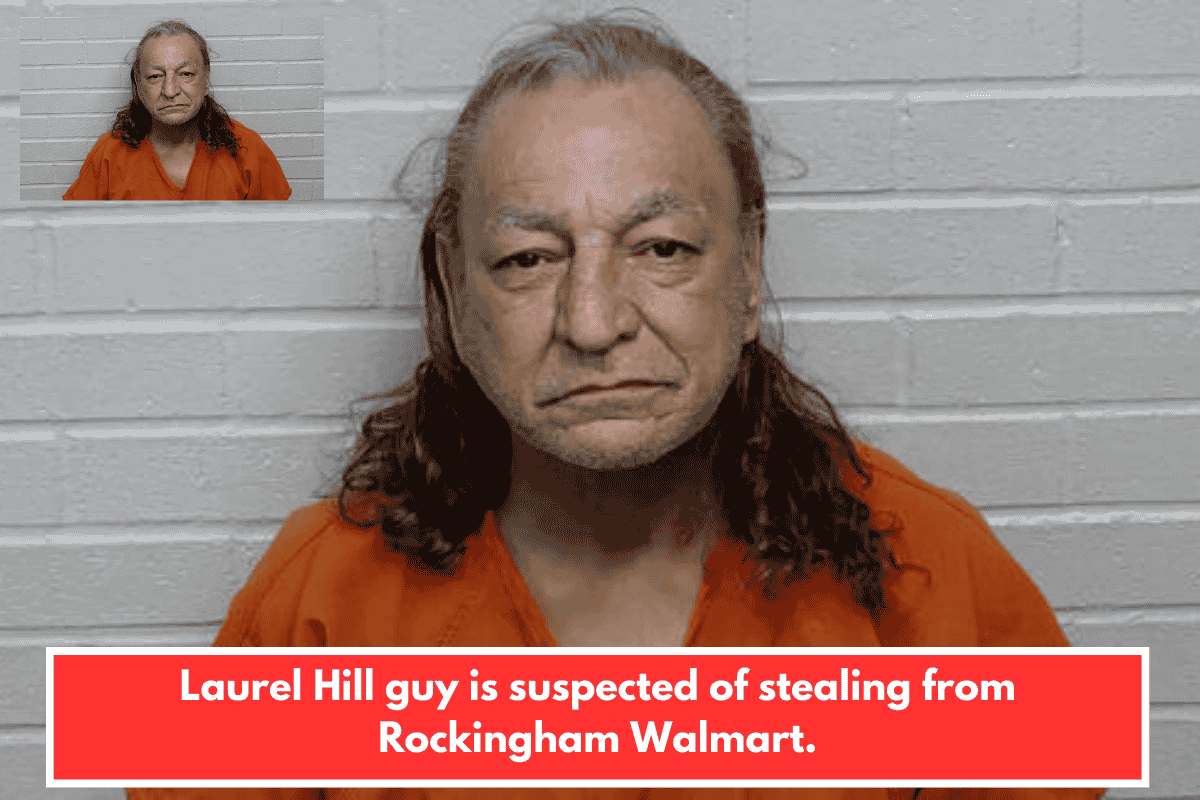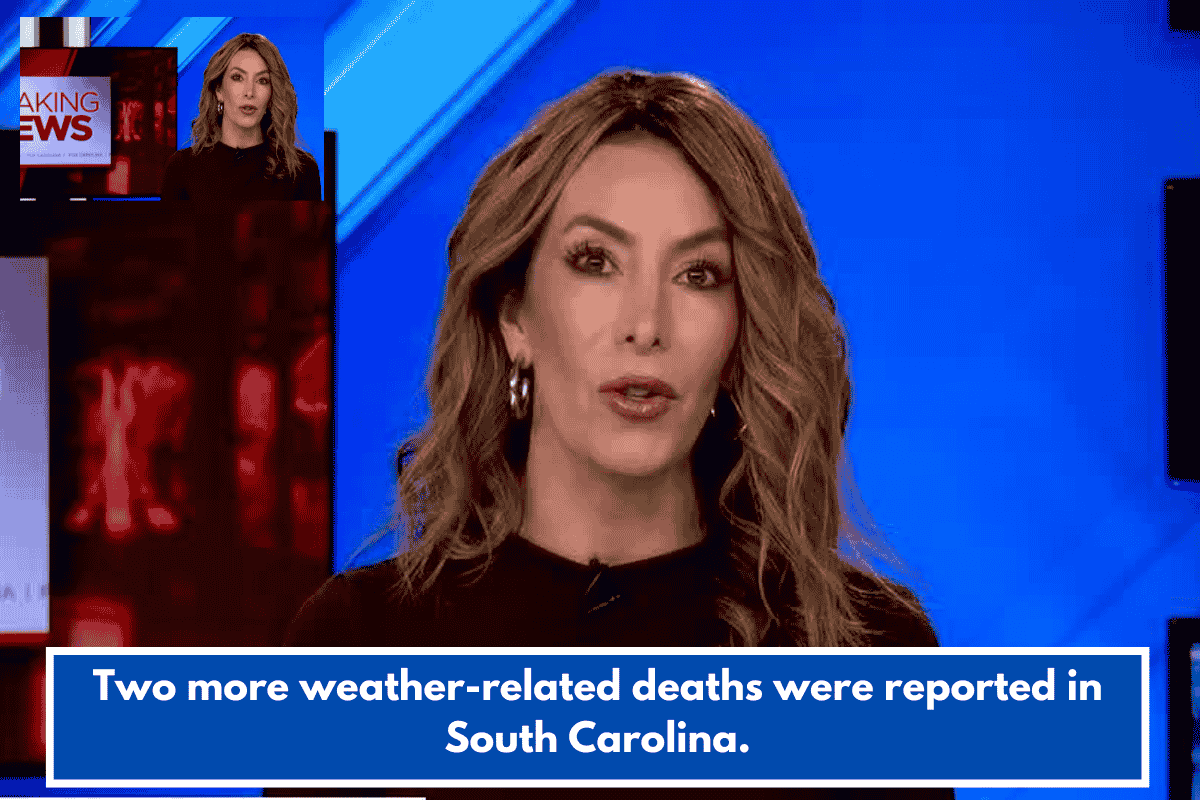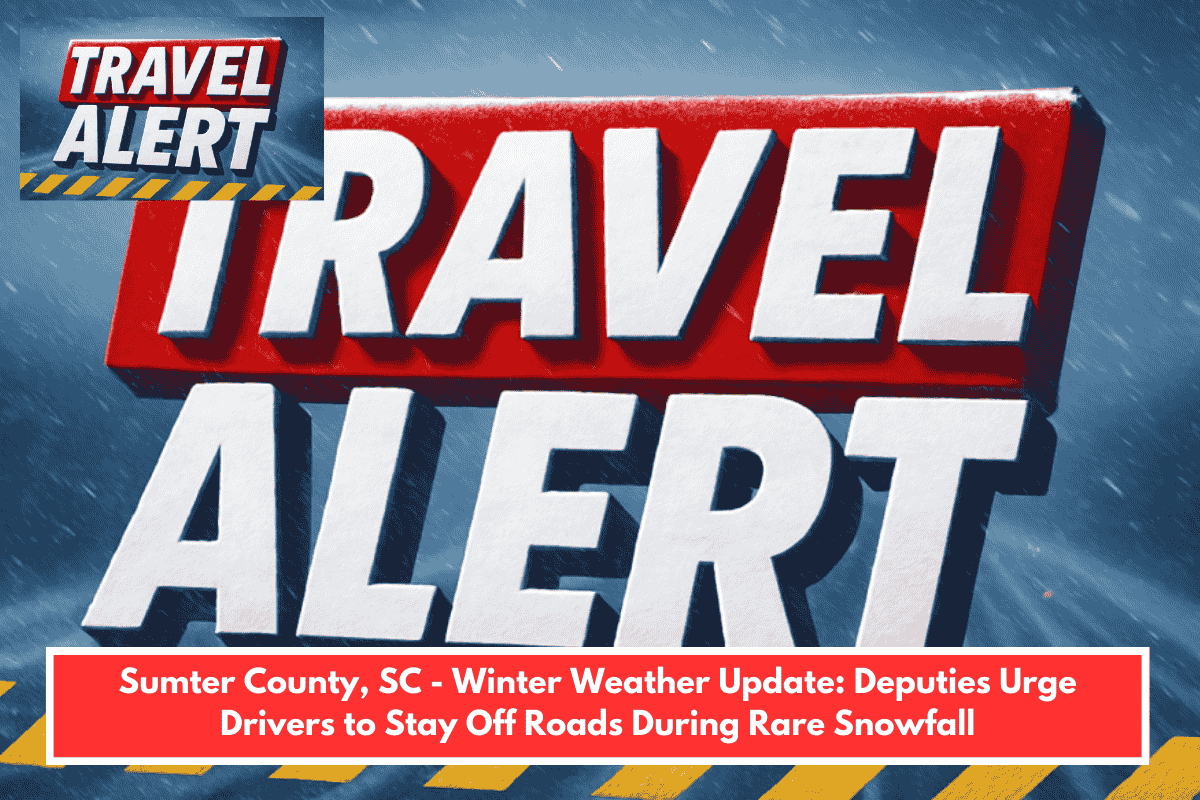This Sunday, Marion, South Carolina, gathered to remember one of the darkest chapters in American history—the Charleston church massacre that occurred ten years ago. The tragic event, which claimed the lives of nine innocent people, is still fresh in the hearts of many, especially survivors like Polly Sheppard, who shared her powerful testimony at a local church service.
Reflecting on the Tragedy
The massacre took place on June 17, 2015, when a white supremacist opened fire during a Bible study at Mother Emanuel A.M.E. Church in Charleston. Among the victims was Reverend Clementa Pinckney, a beloved state senator and senior pastor, who had deep ties to Marion County. He spent many childhood summers in the area, leaving a lasting impact on the community.
Sheppard, who was one of the five survivors of the shooting, shared her experience with the congregation, recalling the horror of that night. “We stood in the circle, holding hands in prayer, and that’s when he began shooting,” she said, her voice filled with emotion. Despite the pain, Sheppard spoke of hope, saying, “Tomorrow will come, if you live right, heaven belongs to you.”
A Call for Change
In the years following the attack, Sheppard has become a strong advocate for change, particularly in the area of gun control. Reflecting on the tragedy, Sheppard emphasized the need for stronger laws to prevent such violence in the future. “We need gun control,” she stated firmly. “AR-15s and AK-47s don’t need to be on the streets in America. We need to gather together and stick together until these guns of war are off the streets in America.”
Her call for action is one shared by many across the country, especially as mass shootings continue to devastate communities.
Remembering Reverend Pinckney
The late Reverend Clementa Pinckney was a deeply respected figure not only in Charleston but also in Marion. As both a pastor and a state senator, his life touched many people, including his cousin, South Carolina state senator Kent Williams. Williams recalled speaking with Pinckney before he left for Bible study on the night of the shooting. “Reluctantly, he went,” Williams said. “But you know, God always has a plan. His plan is not our plan.”
The loss of Reverend Pinckney and the other eight victims has left a void in the community, but their legacy lives on through the ongoing efforts to bring about change and healing.
Learning to Forgive
Despite the deep pain of losing so many loved ones, Sheppard has learned to embrace forgiveness, though it has not been easy. “I wasn’t so forgiving of that young man, it took me a while,” Sheppard admitted. “People think it’s easy, but it’s not easy. You can’t forgive much and be mad the next day. But as long as you know what matters in your heart, you make it.”
Sheppard’s journey of healing is ongoing, and she asked for prayers as she continues to navigate the complex emotions of forgiveness and pain. “God is still working on me. I still get mad. On and off. But I’m trying to do better,” she said.
Honoring the Survivors and Victims
Community leaders in Marion honored Sheppard with flowers and tributes, and the Marion city council presented her with a key to the city for her courage and resilience. Sheppard also shared that a documentary about her life and survival is set to be released in October, offering further insight into her experience and the strength she has found in the aftermath of tragedy.
Ten years after the Charleston church massacre, the pain of the event still resonates deeply, but so does the message of hope, healing, and the power of forgiveness. Survivors like Polly Sheppard continue to honor the lives lost while advocating for change and working toward a future where such senseless violence no longer takes place. As the community reflects on this painful chapter, the call for unity, forgiveness, and gun control remains as urgent as ever.

